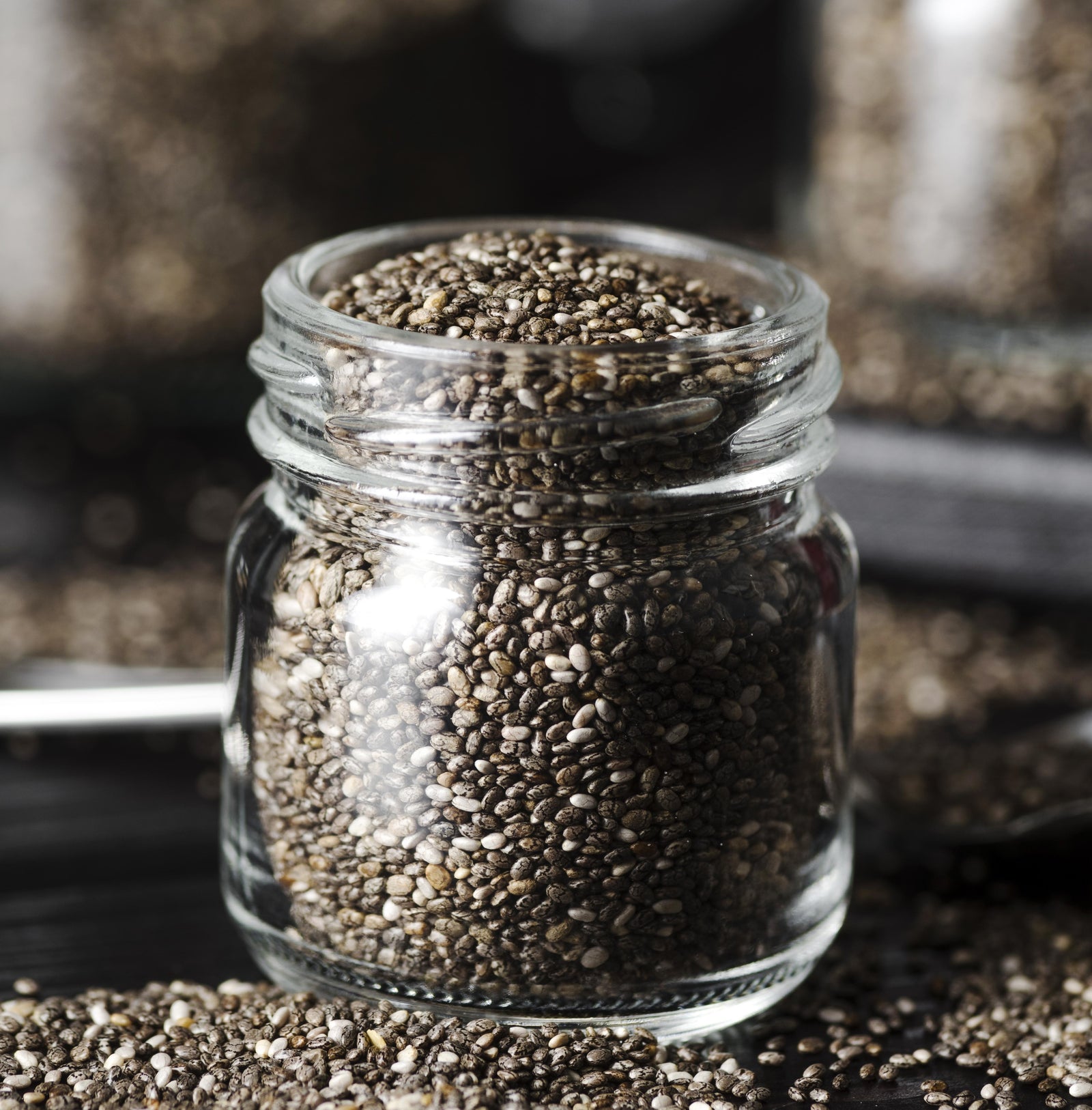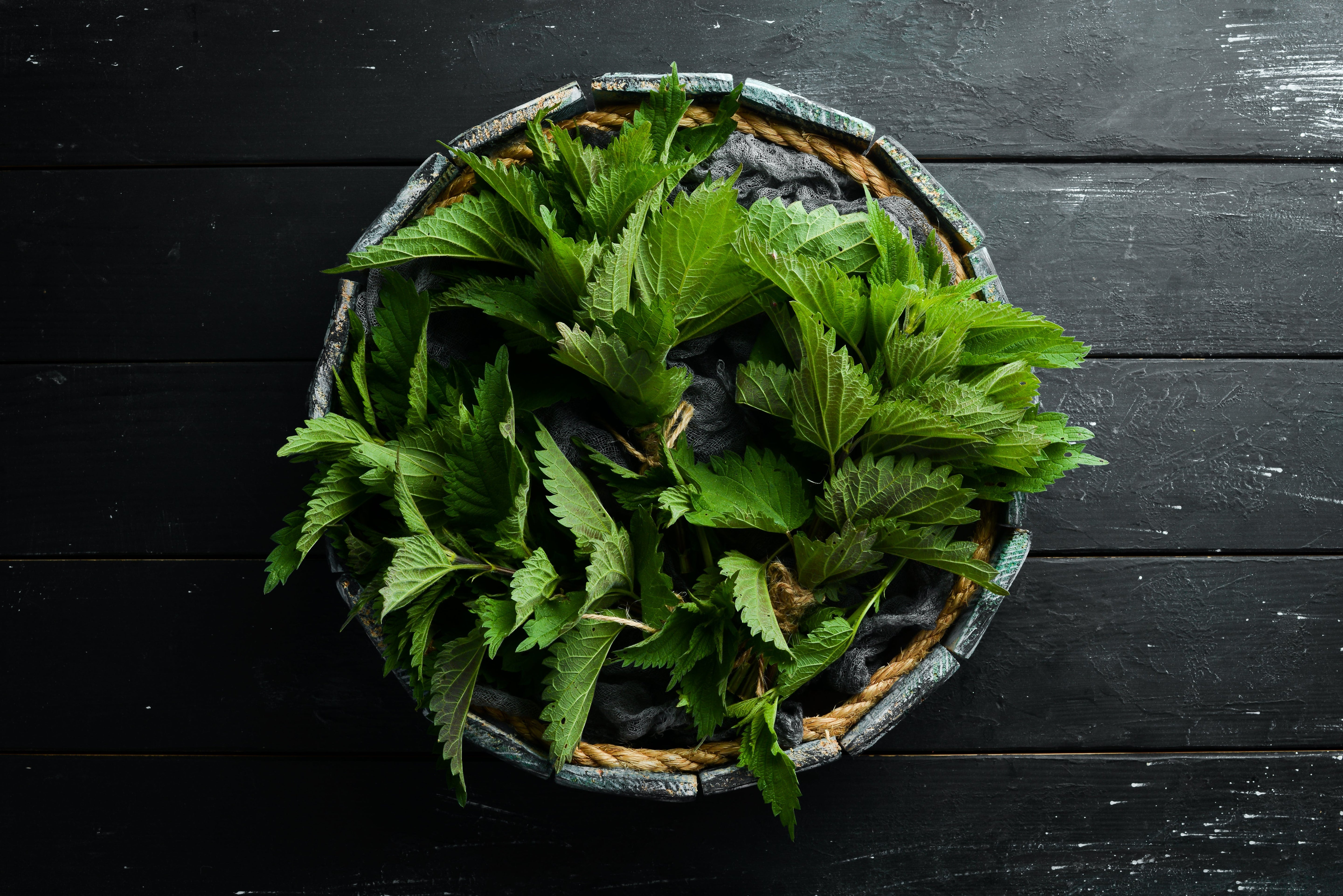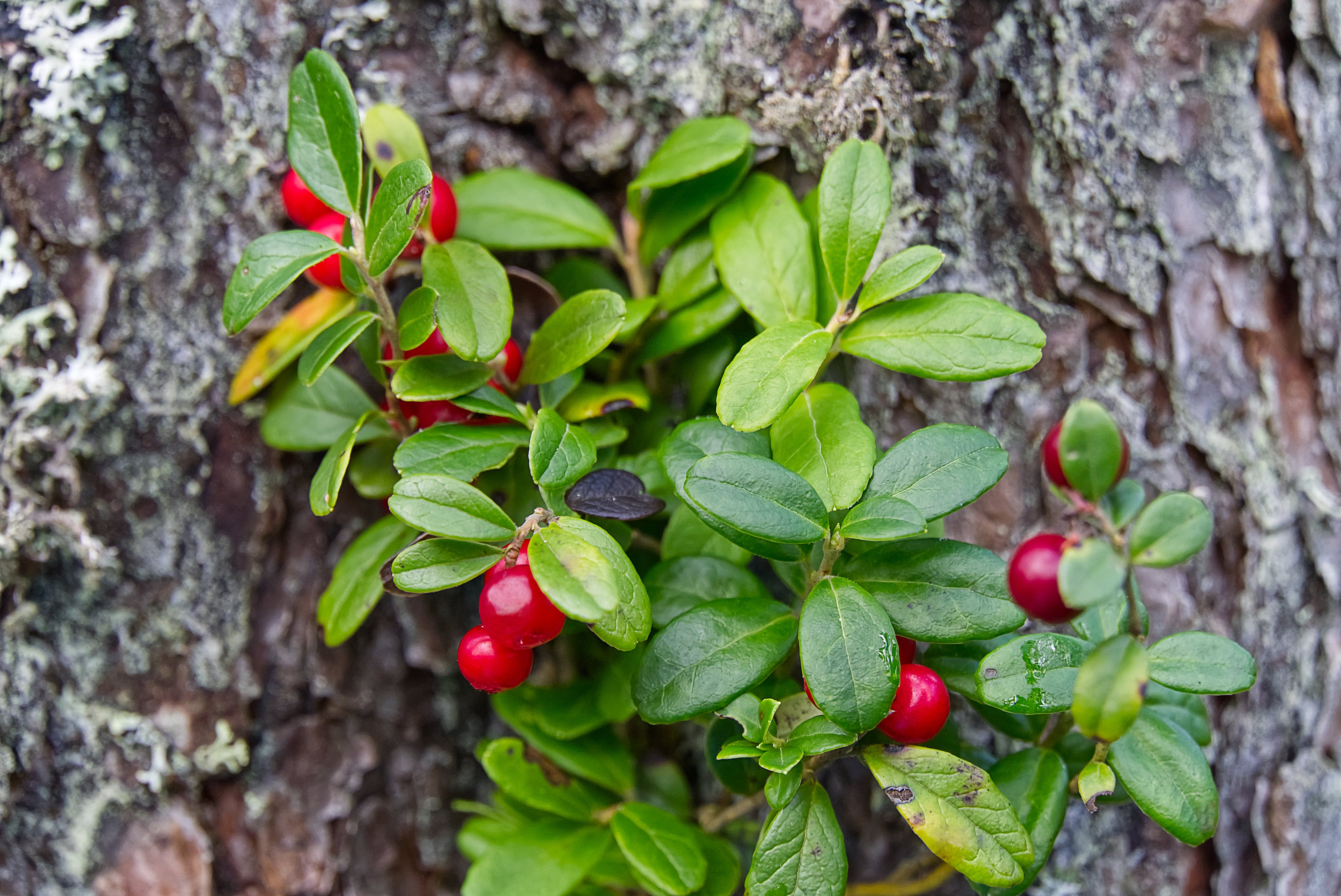Chia seeds - so tiny but so healthy!

Chia seeds are the small, white, brown or black seeds of the Salvia hispanica chia plant native to Mexico and Guatemala. They have been known for years. Chia seeds were one of the most important ingredients of the Mayan and Aztec diet. The word "chia" in the Mayan language actually means "strength." Chia seeds have gained popularity in recent years due to their health properties.
Chia seeds contain high amounts of fiber, omega-3 fatty acids, plenty of high-quality protein, and several essential minerals and antioxidants. Thanks to their properties, they can influence the functioning of the digestive system, heart and circulatory system. Their regular consumption improves the condition of the skin.
Noteworthy is the large amount of omega 3 fatty acids, which:
- support brain function, influence memory and concentration,
- support the nervous system, relieve depression, slow down the processes of dementia,
- strengthen eyesight, prevent macular degeneration,
- prevent heart disease and hypertension,
- lower bad cholesterol levels,
- prevent atherosclerosis and coronary heart disease.
Chia seeds contain large amounts of minerals necessary for the proper functioning of the human body. This includes:
manganese - whole grains and seeds are rich in manganese, which plays an important role in the proper functioning of the skeletal and joint system. It has an antioxidant effect, protecting the circulatory system against free radicals,
phosphorus - contributes to the health of bones and tissues,
copper - a mineral that is often missing in the modern diet, affects proper heart health,
selenium – has very strong antioxidant properties, reduces the risk of heart disease and some types of cancer,
iron - as a component of hemoglobin in red blood cells, it participates in the transport of oxygen in the body,
magnesium - responsible for the proper functioning and transmission of signals in the nervous system, helps maintain proper blood pressure,
calcium – a mineral that is essential for the health of bones, muscles and nerves.
Chia seeds are a rich source of antioxidants. They protect the fats contained in the seeds against rancidity. Moreover, they have a beneficial effect on the health of the human body. Most importantly, antioxidants fight the production of free radicals, which can damage cell molecules and contribute to faster aging and the development of cancer.
Chia seeds are the second most valuable source of fiber, after wheat bran. It has been proven that fiber not only prevents heart disease, but also improves the functioning of the digestive system. It supports the digestion process and stimulates intestinal peristalsis. Fiber also regulates the rhythm of bowel movements, thus preventing constipation, and supports the development of physiological bacterial flora. In addition, it reduces the risk of developing colon cancer.
100 g of chia seeds contain as much as 16.54 g of very high-quality protein. Chia seeds contain as many as 91 out of 100 amino acids, which makes them superior to other protein seeds. This almost perfect amino acid profile makes chia seeds an excellent source of protein for vegetarians, as well as a good source of energy for bodybuilders and athletes.






